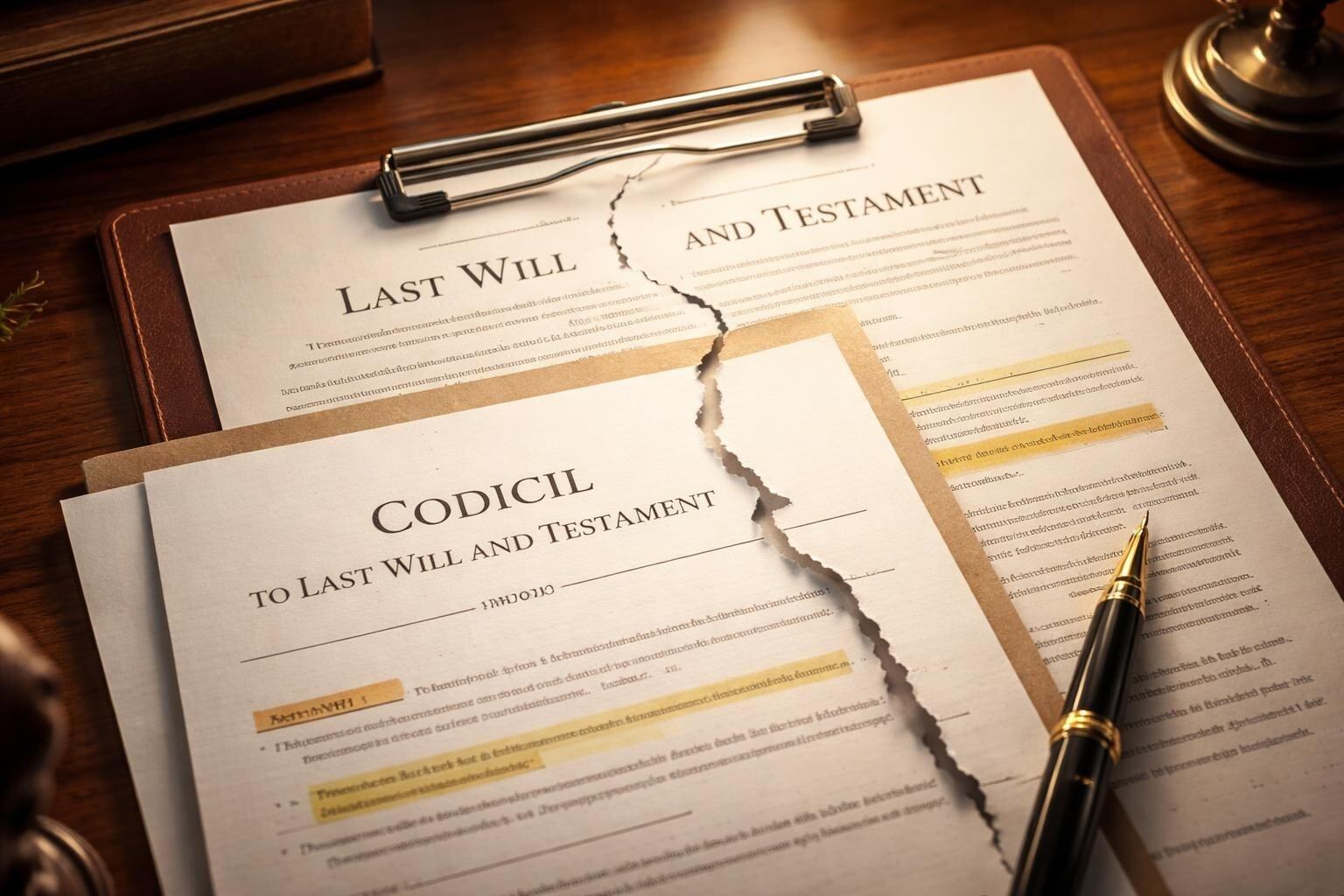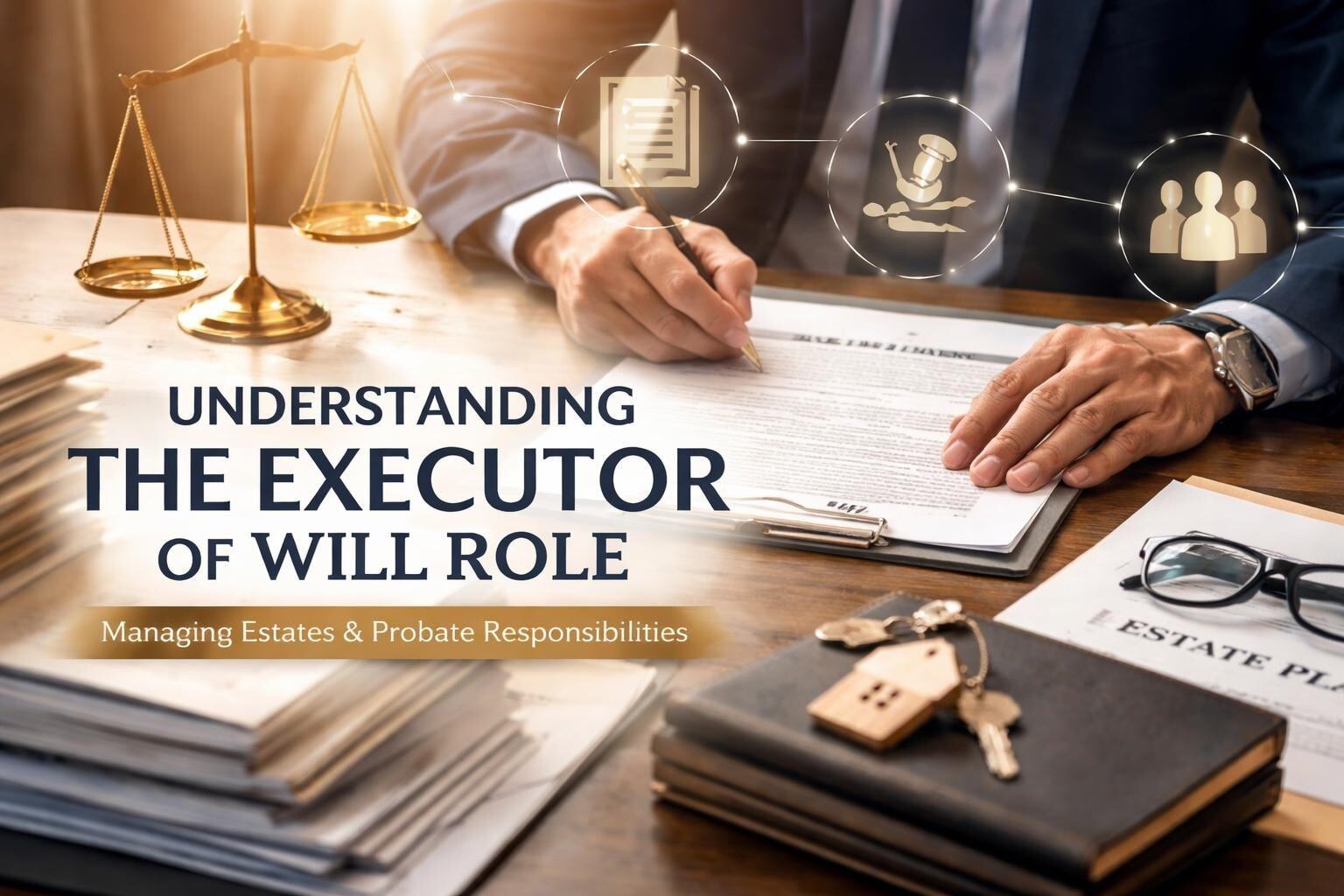Estate Planning: What the Montana Supreme Court Ruling Means for You
Recently, the Montana Supreme Court made a significant ruling in a case that shines a light on the importance of adhering to traditional estate planning requirements, especially in an age where digital tools and non-traditional methods are becoming more common.
In the case of Jesse Beck, who recorded a video just days before his death to express his wishes for distributing his belongings, the Montana Supreme Court ruled that the video did not meet the legal requirements of a valid will. This decision underscores a critical point: while technology offers convenience, it’s still essential to follow state-mandated protocols when creating an estate plan. For those looking to protect their assets and ensure their legacy is passed on as intended, understanding these legal requirements is paramount.
The Montana Supreme Court Ruling: What Does It Mean?
Jesse Beck’s case involved a selfie video in which he expressed his desire to leave all his possessions to his brother, Jason. Unfortunately, despite his clear intent, the court ruled that the video did not count as a legal will. Why? Because in Montana, like in many other states, a valid will must meet specific criteria: it must be in writing, signed by the testator (the person creating the will), and witnessed by two individuals who can attest to the will’s validity. A video, no matter how heartfelt, does not satisfy these requirements.
This case highlights a significant challenge in modern estate planning: the increasing use of digital tools, such as video recordings, social media, and even text messages, to express one’s final wishes. While these methods may seem more personal or convenient, they fall short in the eyes of the law, which still largely favors traditional, written documents.
The Role of State Law in Estate Planning
Estate planning laws vary across different states. While some states are beginning to recognize digital wills or allow for alternative methods of creating a will (such as text messages or electronic signatures), most still require traditional, paper-based documents with physical signatures and witnesses.
Before you consider using technology to store or share your estate planning documents, it’s essential to understand your state’s specific requirements. Every state has its own rules regarding the creation and execution of a valid will, and failing to adhere to these rules can result in your wishes not being honored.
For example, while a video might not be valid in Montana, some states like Nevada and Arizona have passed laws allowing electronic wills. Even within these states, however, there are limitations and specific requirements that must be met, such as a secure electronic signature, verification of identity, and sometimes even remote witnessing via video calls.
Some states are more flexible when it comes to non-traditional wills if the decedent’s intent is clear. This flexibility can vary widely, though, and it’s crucial to consult with an estate planning attorney in your state to ensure that your will, regardless of its format, will be legally recognized.
How IronClad Family’s Digital Vaults Can Help
At IronClad Family, we recognize the importance of both modern technology and legal formalities in the estate planning process. We’ve developed a suite of tools to help you protect your important documents, such as wills, trust documents, powers of attorney, and other critical records, in a secure, encrypted digital vault. However, it’s important to note that while our digital vaults offer state-of-the-art security and accessibility, they are not a replacement for traditional legal documents.
That said, our digital vaults can enhance the estate planning process by allowing you to store and share essential documents safely and securely. You can upload your signed, legally valid will, along with other important assets like insurance policies, health care directives, and financial records, all in one place. This not only protects your information from physical disasters like fires or floods but also ensures that your loved ones can access your documents whenever they need them, even in an emergency.
The Benefits of Using a Digital Vault for Estate Planning
-
Secure Storage: IronClad Family’s digital vaults offer end-to-end encryption, meaning that your information is protected from unauthorized access at all times. This level of security is crucial for ensuring that your sensitive documents—like a will or trust—remain private and safe.
-
Easy Accessibility: In times of crisis, your family members may need immediate access to important documents, but if they’re locked away in a safe deposit box or buried in a file cabinet, that could cause unnecessary delays. With IronClad Family’s digital vaults, your loved ones can access your important documents from anywhere, anytime, through a secure login.
-
Peace of Mind: Knowing that your estate planning documents are stored in a secure, easily accessible place provides peace of mind—not only for you, but for your family. By using a digital vault, you’re ensuring that your wishes are respected, even if something unexpected happens to you.
-
Future-Proofing: The future of estate planning will inevitably include more digital tools and processes. By storing your documents in a digital vault, you are preparing for a future where electronic wills and other digital estate planning methods may be more widely accepted.
How IronClad Family Helps You Stay in Compliance with State Law
While IronClad Family’s digital vaults offer unparalleled convenience and security, it’s important to remember that the law still requires your will to be in the appropriate format according to your state’s rules. Here’s how we can help:
-
Legal Guidance: Our platform is designed to help you stay organized and store all your estate planning documents in one secure place, but we always recommend consulting with an estate planning attorney to ensure your will is legally valid in your state. Our team can help you connect with trusted legal professionals who can guide you through the process.
-
Compliance Tools: As the law evolves, IronClad Family is committed to staying up-to-date on changes in estate planning regulations. We monitor developments in electronic wills and other estate planning technologies, so you can be confident that your documents are stored in a way that complies with current legal standards.
-
Document Versioning: Estate planning isn’t a one-time task; it’s an ongoing process. As your life circumstances change, you may need to update your will or other legal documents. Our digital vaults offer versioning, so you can track updates to your documents and ensure your most current wishes are always available.
-
Customizable Permissions: IronClad Family allows you to control who can view your documents and when. You can set permissions to ensure that only authorized individuals can access certain sensitive information, such as your will or medical directives.
Stay Proactive
The Montana Supreme Court’s ruling serves as a reminder that while modern tools like videos and text messages may seem appealing, they often don’t meet the legal requirements for estate planning. To ensure that your wishes are honored, it’s crucial to work with a qualified estate planning attorney and follow your state’s legal guidelines.
If you haven’t already, take the time today to create a legally valid will and store it in your IronClad Family digital vault. With our help, you can ensure that your family’s future is protected and your legacy is passed on exactly as you intend. Whether you're storing important legal documents, emergency access instructions, or financial details, IronClad Family is here to make sure your estate planning is as secure, organized, and accessible as possible.

Michael Lester
I spent years flying Marine Corps combat missions believing I understood America’s role in the world. Today I work in national security and cybersecurity, helping organizations understand risk, resilience, and the systems we rely on. My writing continues the same mission—bringing clarity to complex issues and inviting people to look past slogans so we can understand who we are, what we do in the world, and why it matters.



